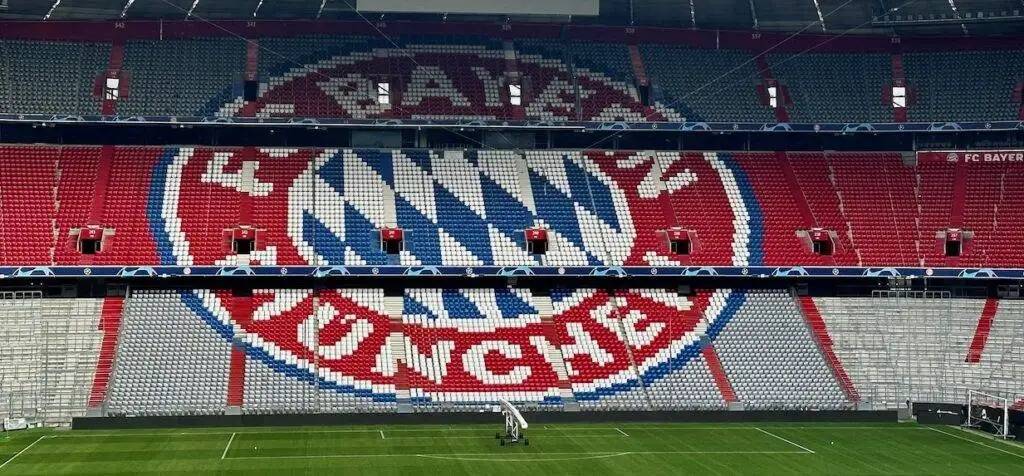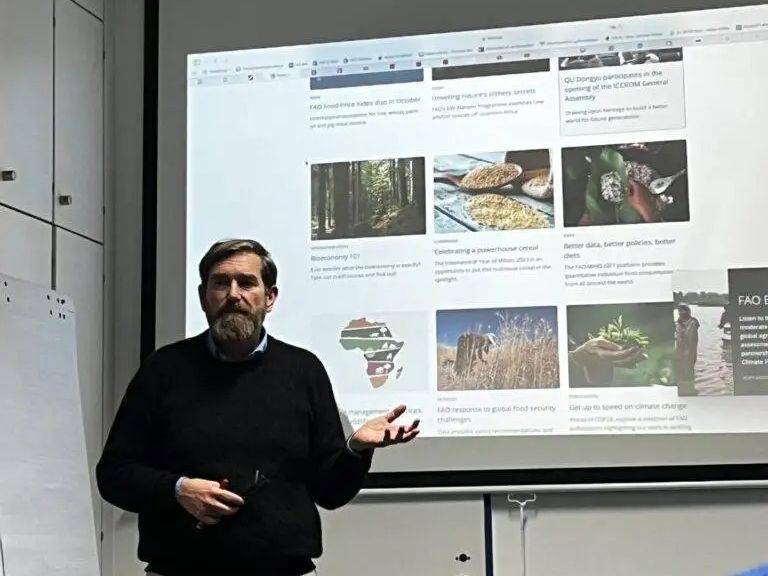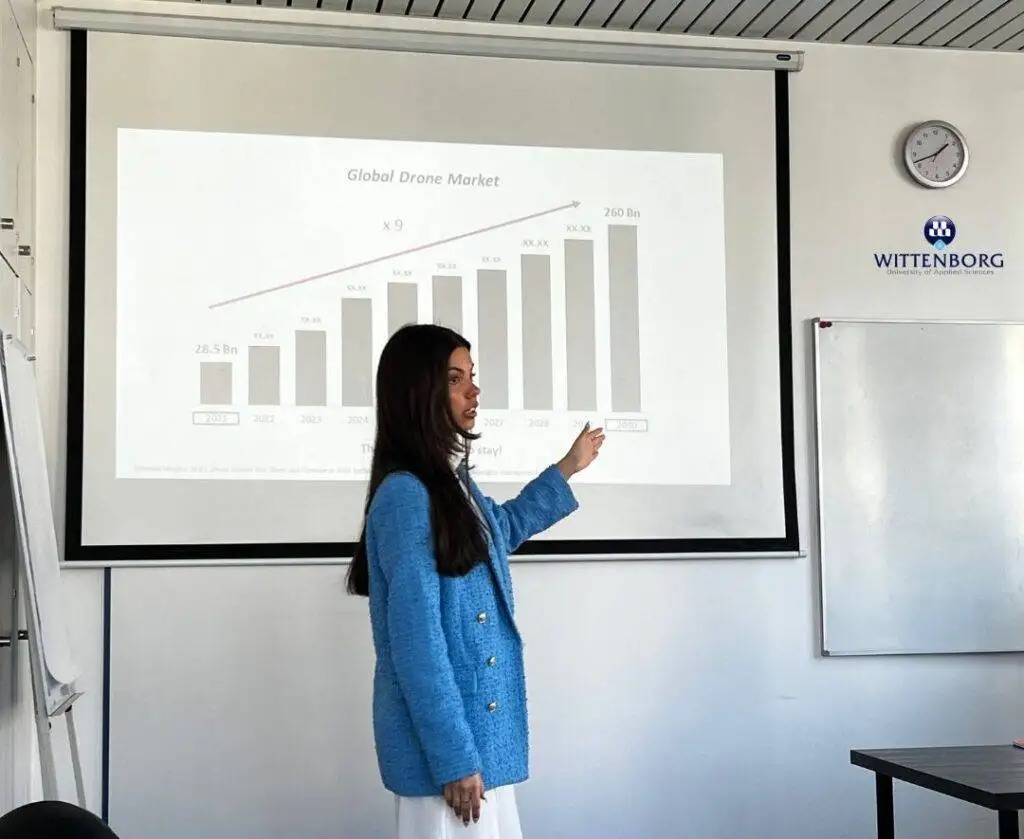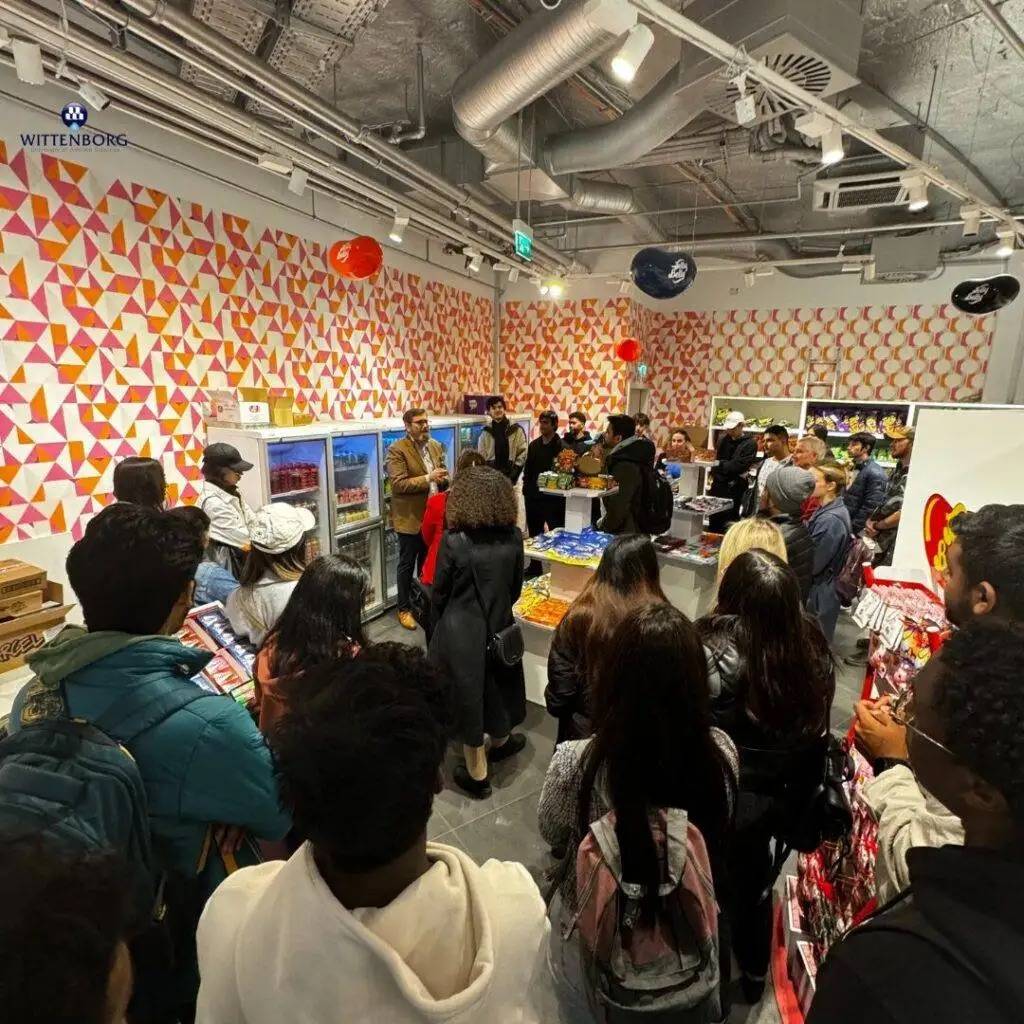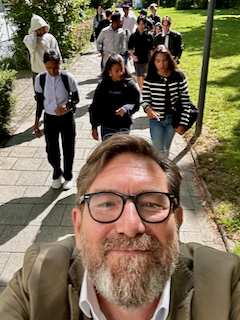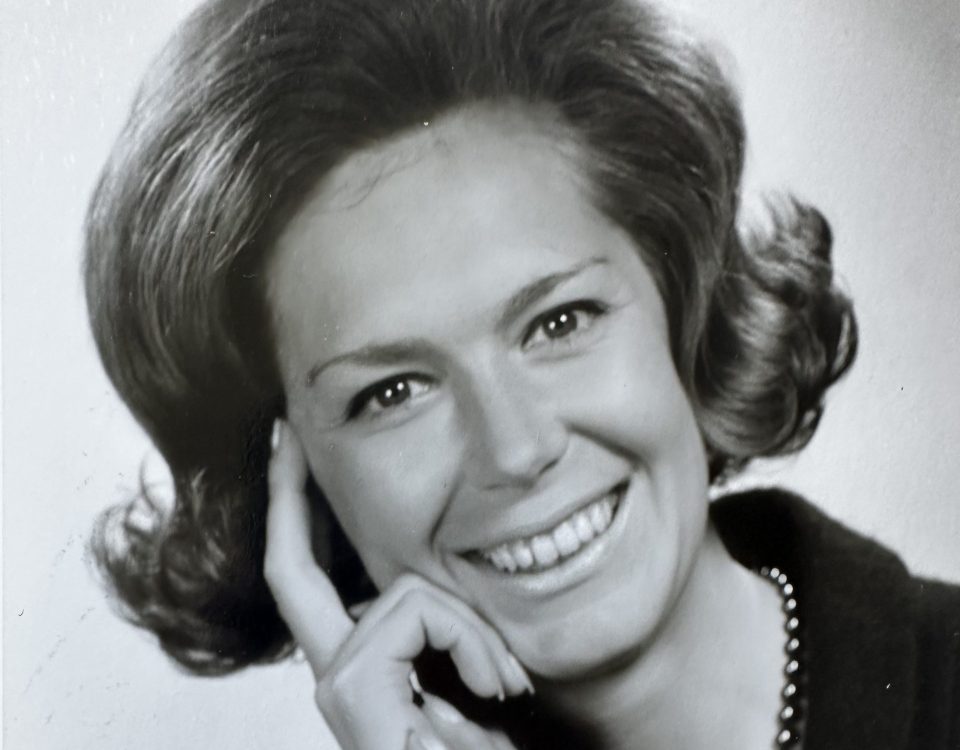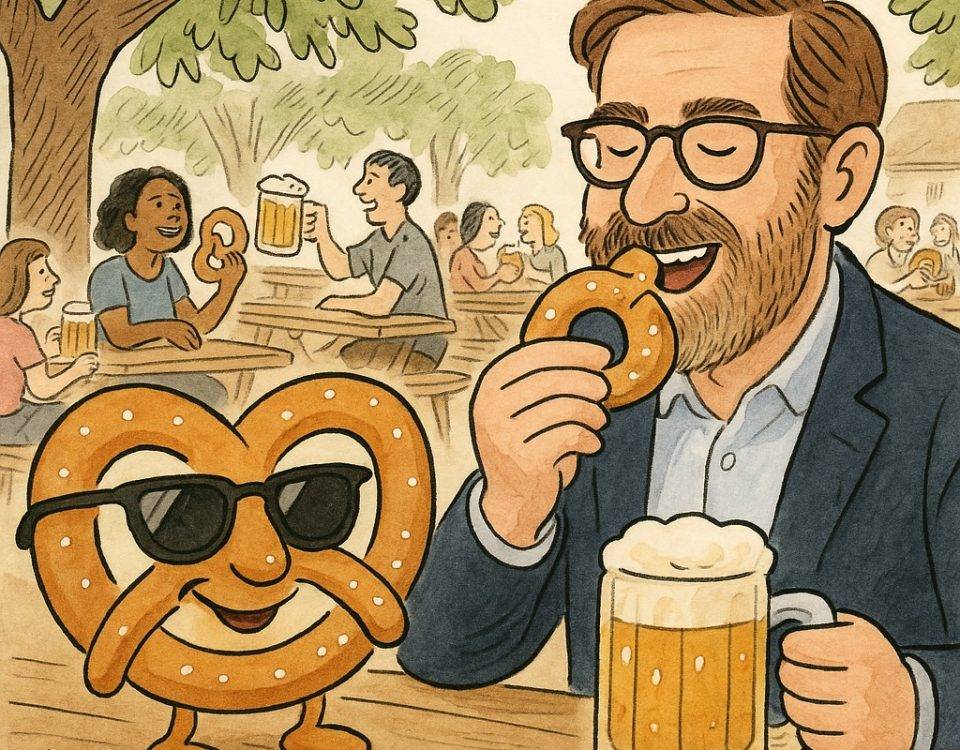
Meet Andrea, the Newest Member of Our Marketing Team!
2. July 2024
Update from the Chancellor – How many tennis balls fit in a Boeing 747?
26. August 2024Why it is good to know that you know nothing:
-
- Thinking Patterns & Business Opportunities
- The Open vs. Fixed Mindset
- The Self-Confidence of Admitting to Knowing Nothing
- Allianz Arena & FcBayern Museum
- Farm-2-Fork
- Eradicating Poverty
- Drone Industry
- The Candy Store
- Self-Branding for Employability
One of the most intriguing aspects of university life is that a significant portion of your studies is theoretical, and often you only get to apply this knowledge after you graduate.
It’s akin to learning the theory of cooking without ever being allowed to cook and taste the food yourself.
The purpose of this approach is to develop thinking patterns that enable you to identify and analyze business opportunities and evaluate whether they represent genuine opportunities or risks.
For many students, the challenge in studying business is developing an open mindset, which in turn allows their brains to cultivate these new thinking patterns.
It is a challenging and gradual process, which is why education takes time; the initial phase often involves overcoming a fixed mindset.
An open mindset, often referred to as a growth mindset, embraces challenges, values learning, and believes that abilities can be developed through effort and perseverance.
In contrast, a fixed mindset holds that abilities are static and unchangeable, leading individuals to avoid challenges and view effort as futile.
Changing a fixed mindset is difficult because it is challenging for many people to admit they don’t know something or to acknowledge when they are wrong. (Hint: The less real self-confidence you have, the more difficult it is.)
Socrates, considered the founder of Western philosophy, expressed this open mindset succinctly: “I know that I know nothing.” This profound humility is crucial for lifelong learning and continuously expanding and refining your thinking patterns.
So, how does this relate to studying business at New European College? It connects directly to our Project Weeks.
This unique feature of the business programs at Wittenborg University of Applied Sciences allows students to apply the theories they have studied while still in their academic studies.
Over the past year, we had six Project Weeks, each presenting a specific real-life business question for students to analyze, evaluate, and reflect upon.
We began with the Allianz Arena and the FC Bayern Museum, exploring how to market a stadium that hosts football games only 26 out of 365 days a year.
Our second Project Week focused on the Farm to Fork challenge, addressing food security and reducing food waste.
In line with the holiday season, our third Project Week examined how businesses can contribute to eradicating poverty, specifically through sustainable and delicious chocolate from Ghana.
In the new year, we consulted one of the most successful start-ups founded by New European College graduates Alexander Englfried and Marco Kreuzer—FairFleet—exploring the future of the drone industry.
In April 2023, we studied, analyzed, and evaluated the company of Simon Zika, an alumnus and current MBA student, who owns The Candy Store in downtown Munich.
Our final Project Week before the academic summer break focused on “Ensuring Employability,” addressing self-marketing and self-branding in today’s world, paired with a visit to a career fair.
In summary, the Project Weeks at New European College are designed to bridge the gap between theoretical knowledge and real-world application. By tackling diverse, real-life business challenges, students not only gain practical experience but also develop an open mindset that fosters continuous learning and growth.
These experiences encourage them to question their perspectives, refine their thinking patterns, and prepare for a dynamic business landscape. We believe that this hands-on approach is essential for equipping students with the skills and mindset needed to thrive in their future careers.
Wishing you an open mindset,
Sascha Liebhardt





